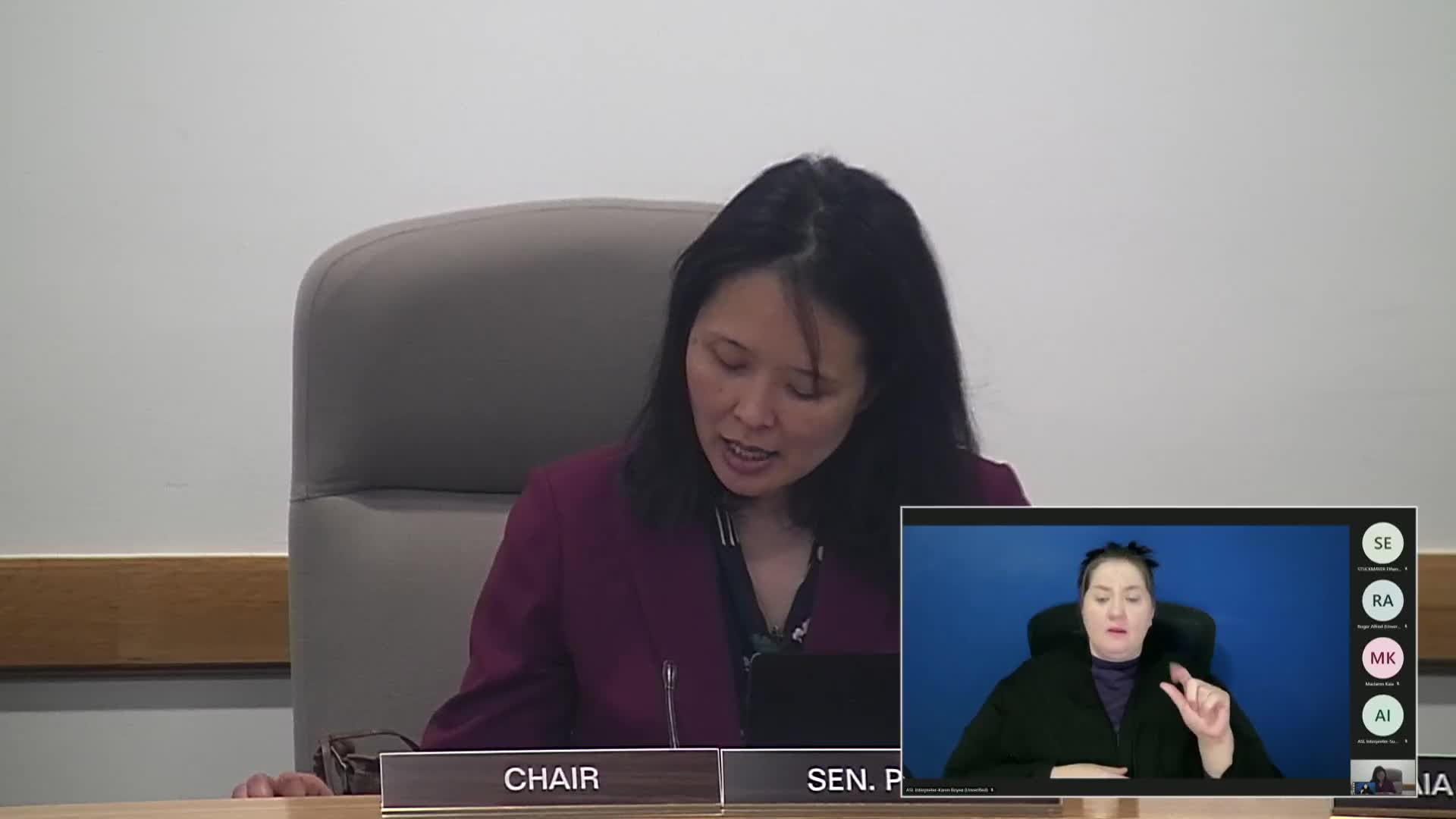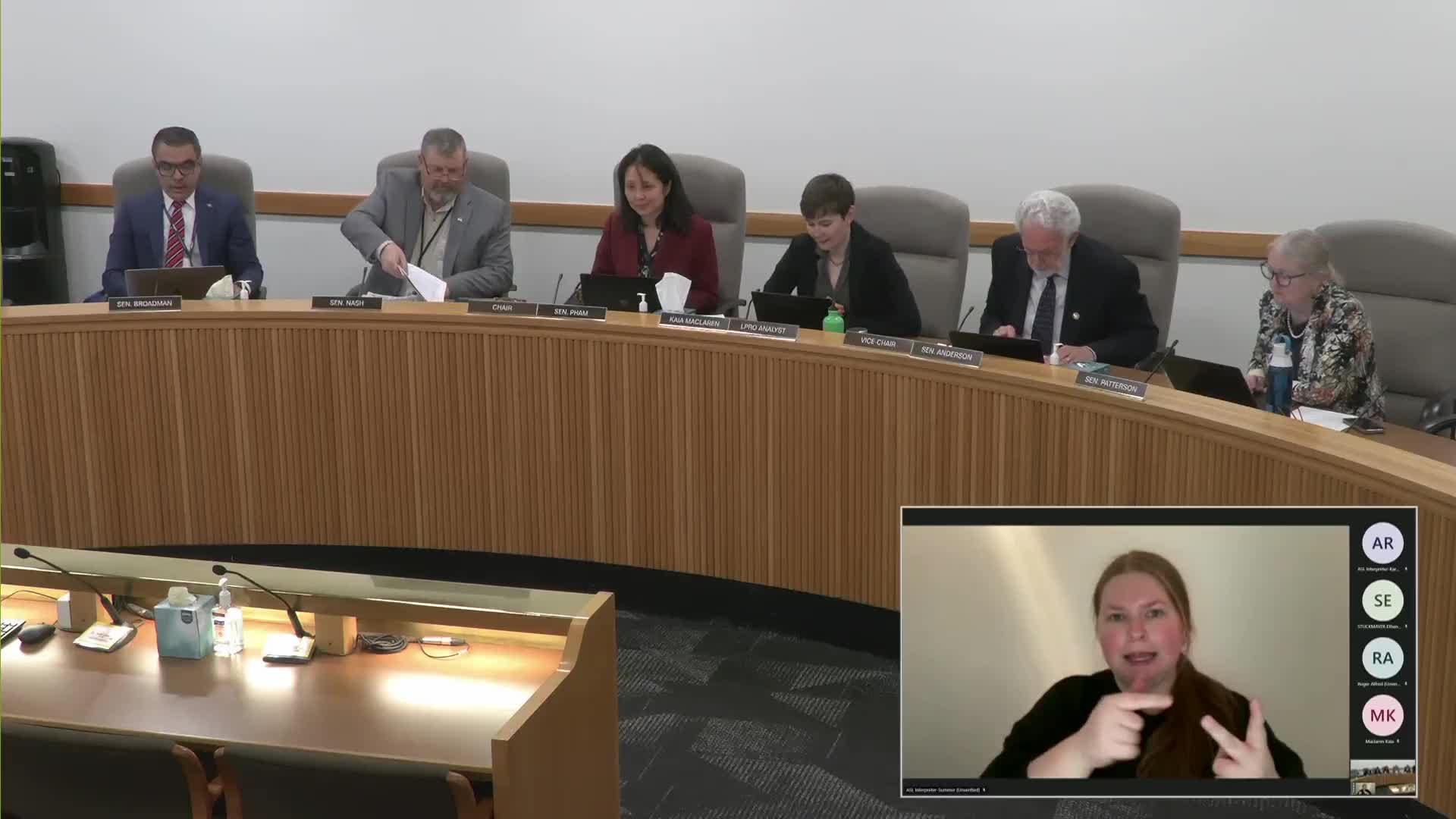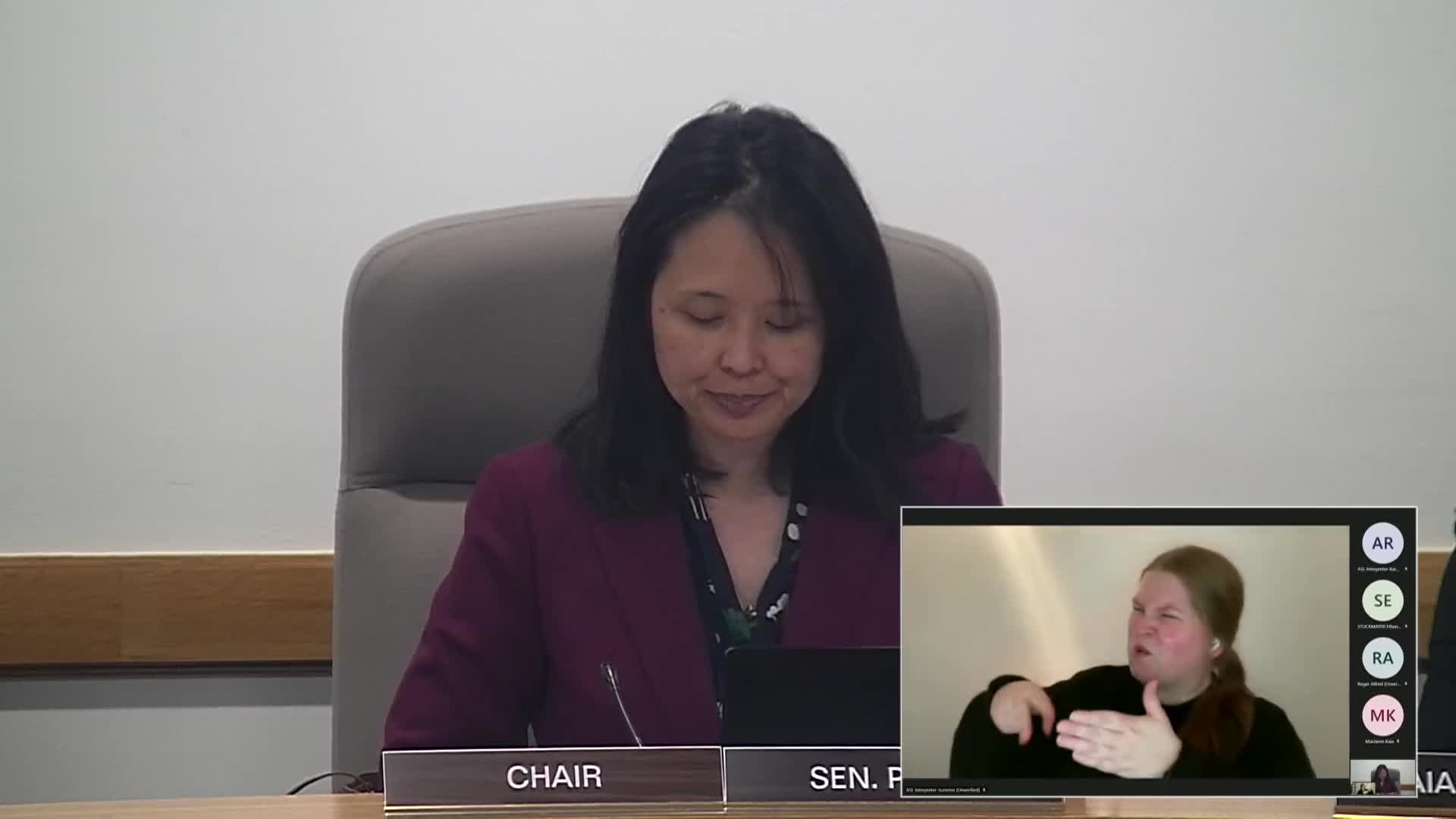Article not found
This article is no longer available. But don't worry—we've gathered other articles that discuss the same topic.

Committee hears bill to bar SDC increases tied solely to residential fire-sprinkler meter upsizing

Bill would waive separate Metro service-district annexation for territory already inside the urban growth boundary

